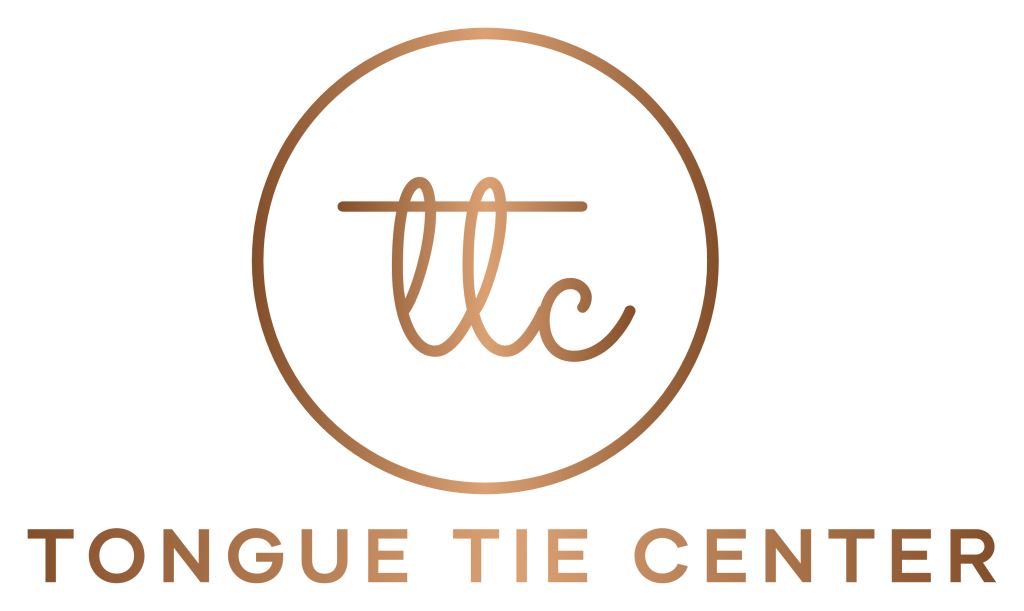 This article discusses the various hazards associated with indulging in sweet candies and the habits people should avoid developing.
This article discusses the various hazards associated with indulging in sweet candies and the habits people should avoid developing.
A life without candy for some wouldn’t be a life worth living. And while there is little more delightful than a bright and colorful sugar-rich treat, this kind of indulgence does come hand-in-hand with some very serious risks as far as the health of your pearly whites are concerned, says Dr. Levine. We all know that a penchant for candy, chocolate and sweets doesn’t rank high on the list of positive health habits. But do we really understand the connection between a sweet tooth and a decayed tooth? There really is no way around a love of all things sweet and colorful. But there are some things you can discipline yourself to do if you, like the cookie monster, just can’t help yourself!
What Candy Does to Your Teeth
Under the microscope, your mouth is a hive of activity. You may be completely unaware of this, but there are more bacteria in your mouth than there are people on the face of the planet! And if you thought that no one could possibly love chocolate more than you, think again. These micro-organisms absolutely thrive on sugar; it is the fuel that facilitates their multiplication, explains Dr. Levine. Whenever you suck on a sugar-rich sweet, bite into a chocolate or chew on a piece of taffy, your mouth becomes the ideal breeding ground for bacteria. It’s warm and moist and has an abundance of food. Subsequently, the amount of bacteria in your mouth spikes resulting in the formation of plaque (soft deposits of these micro-organisms), which, without thorough and regular cleaning, hardens to form tartar. This calculus not only makes the crowns of the teeth more susceptible to cavity formation, but you are also looking at a much greater risk of tooth decay and gum infection.
There’s more to this story than just the connection between sugar and bacterial activity, warns Dr. Levine. Many candies are hard and can actually damage the enamel of the teeth. Even the clicking of a boiled sweet against the back of the teeth can cause chipping and cracking. Soft and sticky candies, such as toffee and caramel, can be even worse. They easily get stuck in the grooves of the teeth, making it difficult for the tongue to dislodge. This means that, until you get around to brushing your teeth, there is an incredible amount of food for oral bacteria to thrive on.
Protecting Your Oral Health
Unfortunately, one cannot combat a love of sweet things. Even if you discipline yourself to stay away from candy and chocolate, the cravings will always persist. However, you can try to learn habits that will serve to protect the longevity of a healthy smile. After all, you don’t need to completely abstain from candy to have a healthy mouth; you just need to indulge your cravings in moderation. You should also:
- Maintain a rigorous home oral hygiene routine. This includes once-daily flossing, says the dentist in Hollywood.
- Drink plenty of water, especially after eating or drinking something high in sugar.
- Avoid snacking; every time you eat, the pH level of your mouth drops (becomes more acidic), which can soften the enamel of the teeth, making them more vulnerable to erosion.
- Limit the amount of sugar in your diet!
Last, but certainly not least, make regular appointments with your dentist.
Preventative oral health care is the key to the preservation of a beautiful and healthy lifelong smile!
The post Your Teeth and Candy appeared first on Kenneth R. Levine, DDS.

